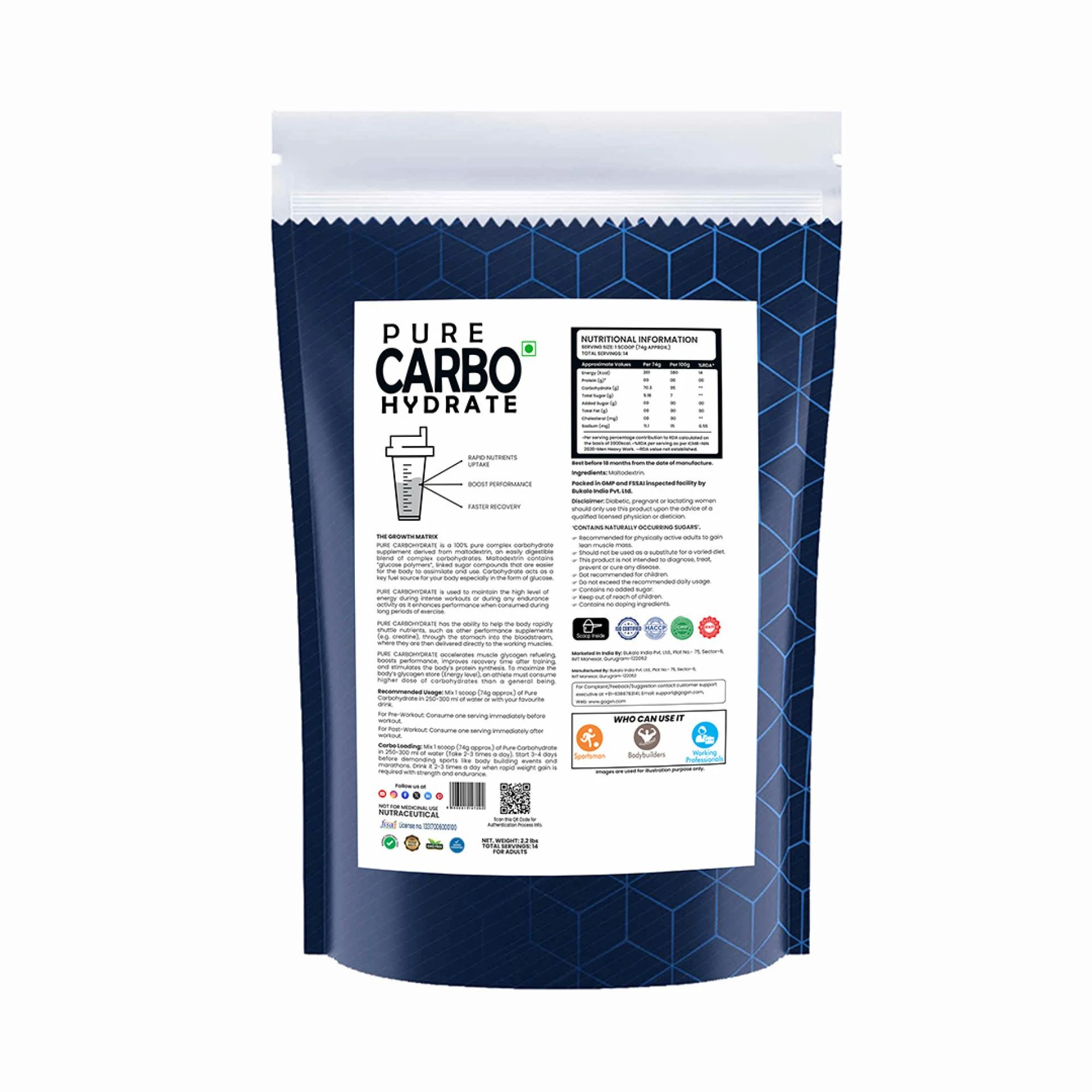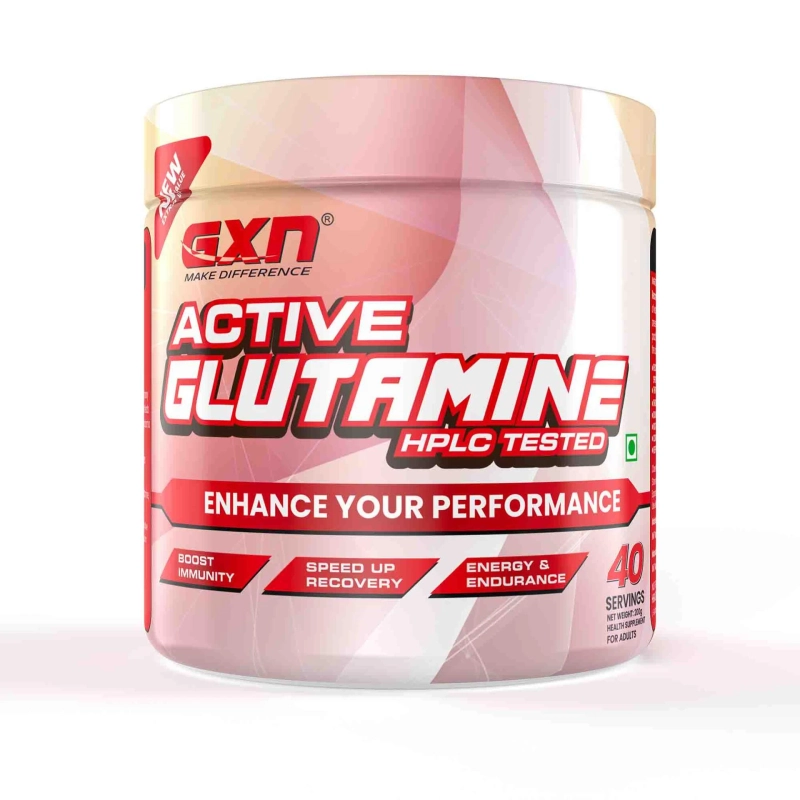Anyone who’s ever pushed their body through a tough workout knows the feeling that comes after: the soreness, stiffness, and that satisfying ache that tells you, “Yep, I worked hard.” That feeling? It’s a sign of inflammation - a natural and necessary part of the muscle recovery process.
But here’s the interesting part: while some inflammation is good, too much of it can slow you down. That’s where muscle recovery supplements can play a key role. They’re not just about speeding things up, they’re about helping your body balance the inflammation response, repair efficiently, and come back stronger.
Let’s dive into what really happens during inflammation, how it affects recovery, and how the right supplements can help.

What Happens When You Work Out?
Every time you engage in physical activity, especially resistance training or high-intensity workouts you create tiny tears in your muscle fibers. This micro-damage is completely normal and actually triggers the process of muscle repair and growth.
When this happens, your body kicks off an inflammatory response. White blood cells rush to the damaged area, releasing chemicals like cytokines and prostaglandins. These chemicals:
- Increase blood flow to the area
- Trigger pain and swelling as a signal to protect the muscle
- Start the cleanup and rebuilding process
It’s your body’s version of maintenance and repair. Inflammation is necessary, but only up to a point.
When Inflammation Becomes a Problem
While short-term inflammation is helpful, prolonged or excessive inflammation can be counterproductive. It can:
- Delay muscle recovery
- Increase muscle soreness (DOMS)
- Limit mobility and performance
- Raise the risk of overtraining injuries
This is especially true if you’re training frequently without enough recovery time, sleep, or proper nutrition.
So how do you help your body manage this inflammation in a way that promotes recovery, not delays it?
That’s where muscle recovery supplements come in.
How Muscle Recovery Supplements Help with Inflammation
The goal of muscle recovery supplements isn't to shut down inflammation entirely that would actually hinder progress. Instead, they’re meant to modulate the response keeping it in the optimal range so healing can happen efficiently without prolonged pain or fatigue.
Here are some of the most effective supplements and how they interact with inflammation:
1. Omega-3 Fatty Acids
Found in fish oil, omega-3s are well-known for their anti-inflammatory properties. EPA and DHA, the active components, help reduce the production of inflammatory chemicals like cytokines.
Studies have shown that omega-3s can:
- Lower post-exercise muscle soreness
- Reduce joint pain and stiffness
- Improve overall recovery time
Including these in your supplement stack can help manage inflammation after intense sessions.
2. Branched-Chain Amino Acids (BCAAs)
BCAAs - leucine, isoleucine, and valine - are essential for muscle repair. Beyond their role in rebuilding muscle, they may also help regulate the immune and inflammatory response.
BCAAs can:
- Reduce muscle damage markers (like creatine kinase)
- Minimize delayed onset muscle soreness
- Support faster recovery in between sessions
They’re especially helpful during periods of heavy training or when cutting calories.
3. Curcumin (from Turmeric)
Curcumin is the active compound in turmeric, and it’s gaining popularity as a natural anti-inflammatory. It’s been studied for its ability to block inflammatory pathways and reduce oxidative stress.
In the context of muscle recovery, curcumin may:
- Lessen post-exercise pain
- Reduce inflammation-related stiffness
- Improve joint flexibility
It’s often more effective when paired with piperine (from black pepper), which boosts absorption.
4. Protein (Especially Whey Isolate)
Protein helps repair damaged muscle tissue, and a fast-absorbing source like whey isolate delivers amino acids quickly after training.
Whey protein has also been shown to contain bioactive compounds that may help lower systemic inflammation, particularly after strenuous workouts.
By supporting recovery from both an anabolic and anti-inflammatory angle, it plays a dual role in muscle repair.
5. Magnesium
Magnesium is essential for muscle relaxation, nervous system function, and reducing inflammation. Deficiency is common, especially among active individuals, and can worsen recovery symptoms.
Supplementing magnesium may:
- Decrease cramping and spasms
- Improve sleep (which is crucial for recovery)
- Help regulate inflammation and stress hormones
It’s often paired with zinc or found in nighttime recovery blends.
6. Glutamine
Glutamine is the most abundant amino acid in the body and is used up quickly during intense exercise. It plays a role in immune function and gut health, both of which are tied to systemic inflammation.
Though it may not directly affect muscle growth, glutamine can support immune recovery and reduce muscle soreness after heavy training.
Striking the Right Balance
It’s important to remember that inflammation isn’t the enemy, it’s part of how we get stronger. The real goal is to avoid chronic inflammation that drags on for days and interferes with your training rhythm.
Using muscle recovery supplements wisely can help your body recover more efficiently, manage inflammation in a healthy way, and keep you progressing steadily.
Pair your supplements with adequate rest, hydration, and nutrient-dense meals for best results. Because when your recovery is on point, your performance and results speak for themselves.


